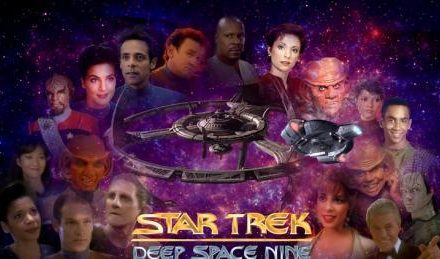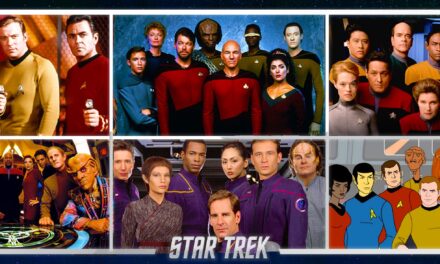This symposium seeks to explore the relationships between truth, lies and media consumption throughout history and across media and cultural platforms.
Fake news is not new. Despite, following the US Presidential election, BREXIT, and the Syrian refugee crisis, such impassioned claims as, “2016 has punched truth in the face, leaving it bruised and bleeding”, media “truth” has always been a slippery, perhaps impossible, concept (Friedman). Not only does the act of representation foreground a necessary translation or alteration of the “truth” conveyed, but so too do aspects of subjectivity, motivation, contextual meaning, interpretation and outright deceit come to play for all media. Nor is this new: the outcome of Ancient Egypt’s Battle of Kadesh is famously unknown, with hieroglyphs depicting wins on both sides (alongside a draw). Centuries before Photoshop, portrait artists were well-advised to present patrons as they wanted to be seen.
Our histories of media un/truths are often as inconsistent and uncertain as their subjects. Orson Welles’ Martian invasion hoax pales in comparison to the far more successful, and enduring, myth of its collateral pandemonium: a panic invented by radio’s rival newsprint industry, supposed to warn of the wireless’ untrustworthy nature. The fact that the genuine panic incited by Anglia Television’s 1977 hoax “space-travel documentary”, Alternative 3 (dir. Christopher Miles), remains relatively unknown suggests the extent to which mainstream media often selects and cultivates its own truths and histories. Originally intended for an April Fool’s Day broadcast, yet delayed till June, Alternative 3 spurred hundreds of panicked phone-calls from credulous viewers, despite being, in subject and presentation, “clearly a hoax” (Barkun). Thus, if online media’s fake news, click-bait and echo-chambers allow us to “believe what we want to believe” as is often suggested, then rather than an articulation of a “post-truth” era, perhaps this is merely a digital incarnation of a perennial human state. If, as Barack Obama famously extolled of Western digital media-culture, “everything is true and nothing is true”, how may we understand the manufacture, dissemination and reception of such un/truths within a broader historical and cultural perspective?
Paper presentations will be concluded with a rare screening of Alternative 3. The film will be introduced by our special guest, Christopher Miles, and will be followed by a Q&A session.
For more details, please contact danielle.hancock@uea.ac.uk




